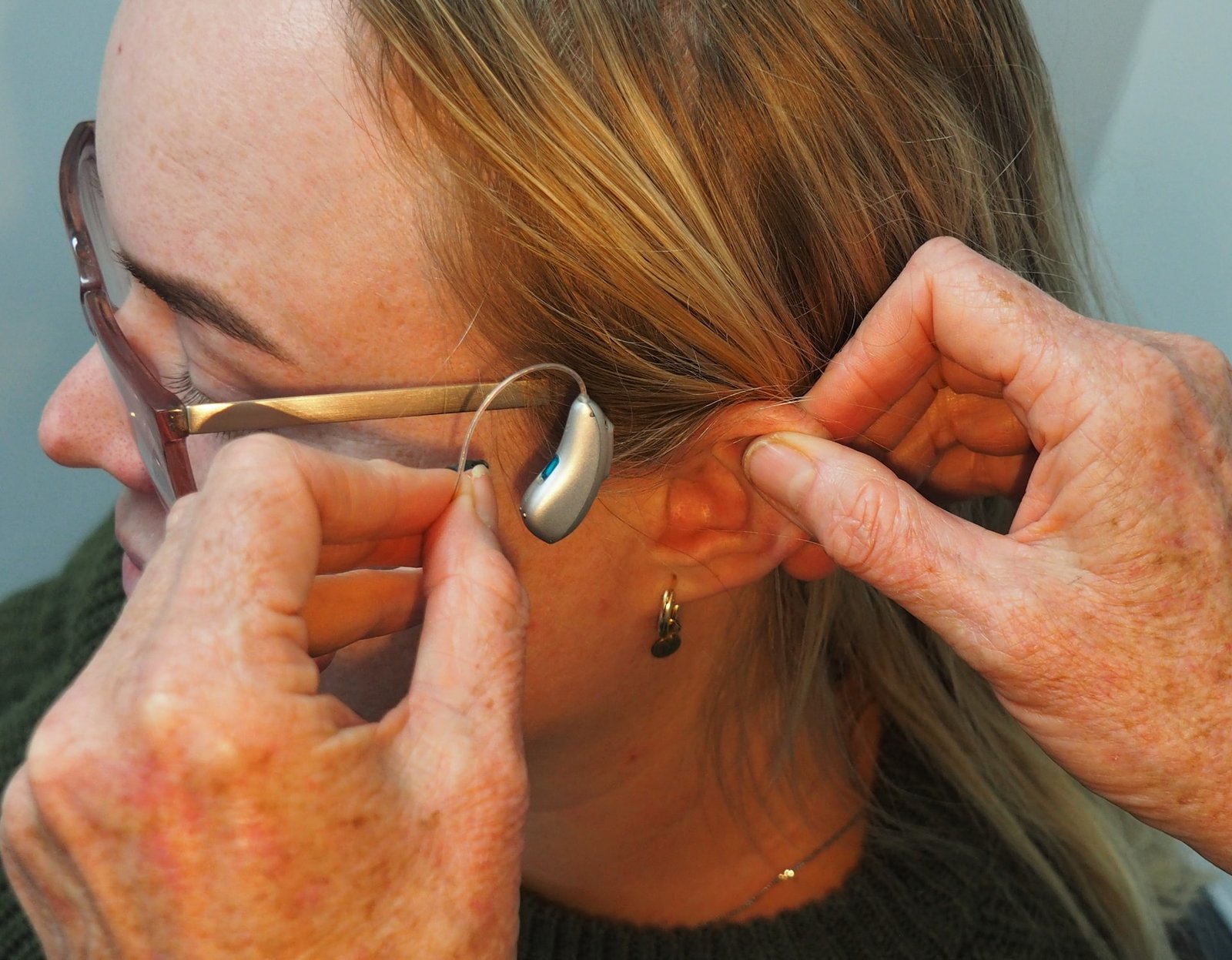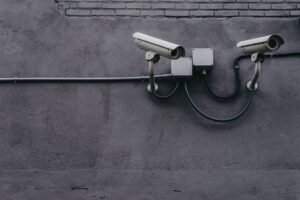If you own a rechargeable hearing aid, you’ll want to take care of the batteries to extend their life. These tips are for preventing battery compromise and cleaning. Also, keep your rechargeable hearing aid away from your keys, coins, and other valuable items.
Contents
Lithium-ion batteries
Providing continuous, reliable power in rechargeable hearing aids is a significant benefit of this technology. They can be recharged while you sleep and offer all-day power. In addition, these rechargeable batteries are a great alternative to disposable hearing aid batteries. They are also environmentally friendly, as one pair of rechargeable lithium-ion batteries will last about 200 times longer than one disposable.
First, remember that these batteries are only designed for specific devices. To avoid contaminating your hearing instruments with lithium-ion chemicals, properly care for your hearing aid batteries. In addition to charging your hearing aids regularly, you should store them in an air-tight container to prevent dirt and moisture from collecting. In addition, you should charge them regularly if you do not have access to a charging outlet.
Cleaning
One of the first steps in cleaning a rechargeable hearing aid is to remove any debris that may have accumulated on the device. This is because dirt and debris build up on hearing aids every day. In addition, even a small bit of wax can obstruct sound. Typically, earwax is the culprit for a hearing aid’s poor performance.
When cleaning a hearing aid, it is essential to clean the microphone port and the port that connects the microphone. You can use a wax pick to remove impacted wax. A wax guard is a standard part of a custom lucite earmold and should be replaced whenever your hearing quality begins to degrade. Other cleaning tools you may need include a tube cleaner and a bulb blower. These tools are not included in the startup kit but should be bought separately.
Maintenance
If you have a rechargeable hearing aid, it’s essential to know how to maintain it. Cleaning and replacing the batteries is vital to ensure proper functioning and longevity. In addition, your hearing aid should be cleaned regularly to prevent dust from getting inside. Use a cotton swab to clean the hearing aid, but be careful not to damage the contacts.
You should also regularly clean the battery seat. After cleaning your hearing aid, you should periodically have it cleaned by a hearing aid professional. This cleaning will include an inspection of all parts and components.
Moreover, cleaning the charging contacts and base of your hearing aid is very important to avoid corrosion. Moreover, ensure that you store your hearing aid in a dry place and avoid storing it in the bathroom or kitchen. Do not leave it in humid or moist areas, and do not forget to read the instructions on maintaining your hearing aids. You can also contact your hearing care provider for more information. And, if you cannot find any instructions online, visit your local hearing aid store.
Expiration date
The battery in your hearing aid has an expiration date. Even if the battery looks like it still has a long life, it’s possible that it is dead when you remove it from its packaging. Therefore, you should store your hearing aids safely at room temperature, away from coins or keys. Don’t store your hearing aid batteries in your medicine cabinet. If they are in a sealed bag, discard them immediately.
Similarly, your batteries have an expiration date. Check the expiration date for your hearing aids, and always use the oldest ones first. Keeping the batteries in a clean, dry environment is important since humidity can lead to corrosion. In addition, batteries should never be kept in a pocket, wallet, or handbag. Make sure to store your hearing aids in their original packaging and accessories case.
Protection from moisture
Your hearing aid protects your hearing aid from water and moisture. Moisture can damage the electronic components inside your hearing aid, preventing it from working correctly. Smoke interferes with the conductivity of metal parts and can cause your hearing aid to stop working. Therefore, you should dry your ears thoroughly before putting your hearing aid in. Water is corrosive, resulting in sudden decreases in performance.
To prevent moisture from damaging your hearing aid, you should regularly wipe its battery compartment and external casing. If the problem is recurrent, you can replace the battery with a temporary “dry tube” coated with a moisture-resistant substance. Alternatively, you can swaddle the hearing aid in a moisture-wicking fabric sleeve. Older hearing aids usually use zinc batteries and are highly susceptible to moisture.



